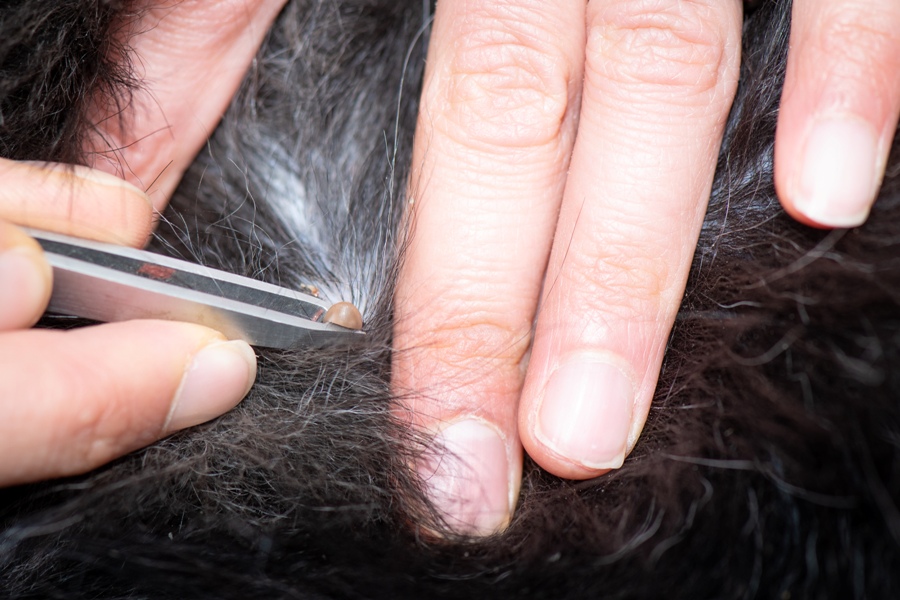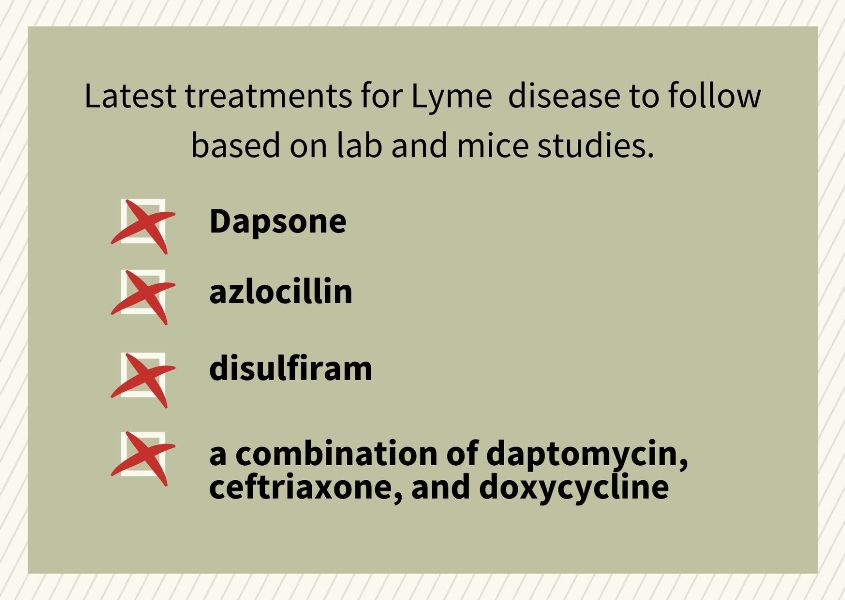Tick bites during pregnancy. A perspective.
The authors cite studies with “high-level evidence” recommending prophylaxis treatment of tick bites during pregnancy with a single dose of 200 mg of doxycycline. The risk, they say, to the unborn baby is low. “Previously, doxycycline was avoided in pregnancy and in children under 8 years of age because of concerns about adverse effects similar […]
Tick bites during pregnancy. A perspective. Read More »










